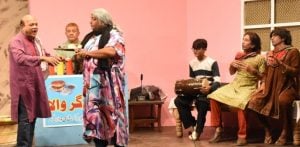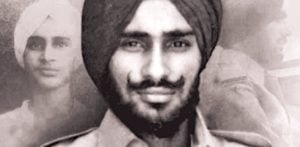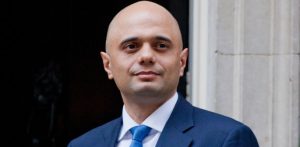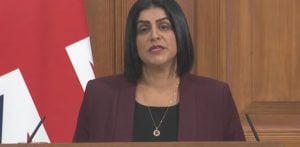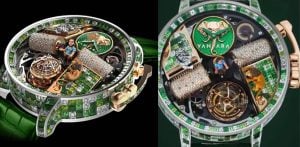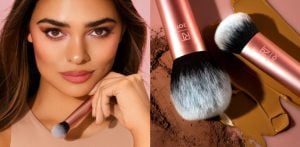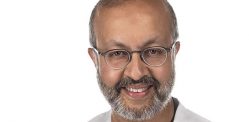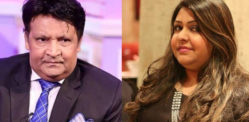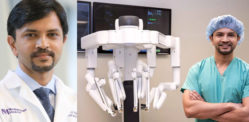“Breast augmentation is getting popular, both abroad [India and Pakistan] and the UK."
British surgeon, Mr. Mabroor Ahmed Bhatty specialises in Plastic and Hair Transplants.
Originating from Pakistan, Mabroor completed his Medical degree at Karachi University before coming to the UK to acquire his FRCS (Fellowship of the Royal College of Surgeons) qualification in 1992.
Now an acclaimed consultant, Dr Bhatty performs countless cosmetic procedures each month, ranging from breast augmentation, tummy tucks, nose jobs and face lifts.
He has also appeared on the popular Channel 4 documentary, Bums Boobs and Botox.
 In an exclusive Gupshup with DESIblitz, Mabroor tells us: “I was involved in plastic surgery right from the start.
In an exclusive Gupshup with DESIblitz, Mabroor tells us: “I was involved in plastic surgery right from the start.
“I wanted to do orthopaedic. But I wanted to have a taste of plastic surgery, and once I went in, I never came out.”
As Mabroor explains, the popularity for cosmetic surgery has been increasing year on year, and he now leads his own independent practice in London, Manchester and Birmingham, as well as abroad.
According to the British Association of Aesthetic Plastic Surgeons (Baaps), in 2013, there were over 50,000 surgical procedures performed in the UK. Women made the majority of this number, at around 45,365 (90.5 per cent); while men only accounted for 4,757 procedures.
Breast augmentation remains the most popular procedure in the UK, with around 11,000 breast enlargements taking place in 2013, followed by liposuction (3,772).
In a society where beauty, fitness, and outward perfection means everything, these growing numbers cannot be surprising. But as Mabroor tells us, what is interesting is the number of British Asians who are also jumping on the surgical bandwagon.
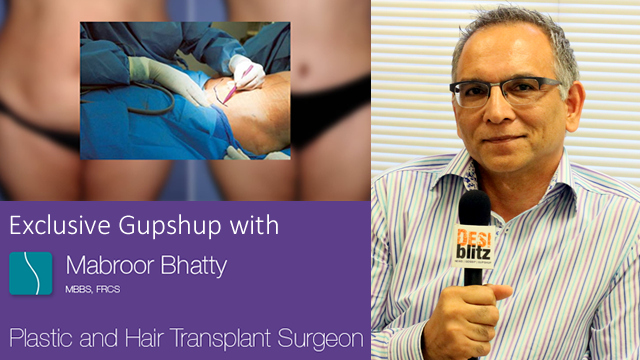
Among British Asian patients, it is not just women looking for procedures, but men as well: “In men, hair transplant is very popular.
“They like liposuction as well, and tummy tucks. Especially those who have lost weight. Nose job is also quite high on the list,” Dr Bhatty says.
Rhinoplasty (nose jobs) is popular among the Asian community, especially as larger noses are a culturally inherited nuisance:
“We inherently tend to have slightly bigger or hookish nose, so if people don’t like it, that can be helped as well,” Mabroor explains.
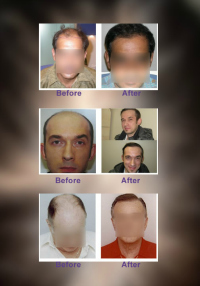 Alongside plastics, Mabroor also specialises in hair transplants, which typically take longer to perform than other cosmetic surgeries depending on the density of follicles being transplanted:
Alongside plastics, Mabroor also specialises in hair transplants, which typically take longer to perform than other cosmetic surgeries depending on the density of follicles being transplanted:
“If it is a big surgery, over 1,800 to 2,000 follicles or 2,500 to 3,500 follicles, you can’t do more than one surgery a day.
“Men get it generally. You can actually give their hairline back, and give a reasonable density to them. If done properly, it can be a life changing experience for them,” Mabroor adds.
The popular procedures for men are also similar for women, and include liposuction, tummy tucks, and nose jobs. For more and more Asian women however, breast augmentation is on the rise:
“Breast augmentation is getting popular, both abroad [India and Pakistan], and in the UK, and more people are actually having it done. I’ve just seen today, a middle-aged woman who wanted to have it done,” Mabroor says.
“So it’s not even age related, it’s when they feel it is the right time for them. So all ages of people, and all ethnic societies come, and with Asians it’s getting more and more popular.”
The largest implants that Dr Bhatty has used is 750cc, which can weigh up to 0.8 kg for each breast. He insists, however that implant size depends on the shape and build of the patient, and if they can support the extra weight:
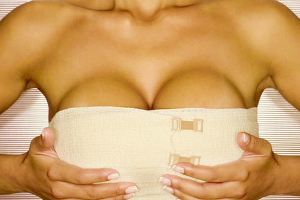 “You have to be very careful when you put big implants in, because big implants mean bigger complications.
“You have to be very careful when you put big implants in, because big implants mean bigger complications.
“In the excitement, people have it and the surgeons will do it, but [they] may have problems with sagginess of the breast in the future. They can change shape and position and size,” Mabroor says.
The constant weight of implants can lead to chronic back pain over time, which can have long-term effects for women.
He adds that it is important that patients realise the pros and cons of having a life-changing cosmetic surgery, and that they are aware of the side effects that might emerge:
“I don’t think it is the role of the surgeon to do anything that the patient demands, especially cosmetic surgery. One has to be very sensible and responsible about it. What you advise the patient should be in the long-term interest as well,” Mabroor adds.
With the increase of cosmetic surgeries in the UK, one of the big disadvantages is the considerable cost. The average price of breast implants in the private sector can be anywhere between £3,500 and £5,000.
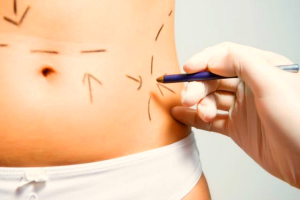
For liposuction, it can be £2,750; rhinoplasty, £2,995; and for hair transplants, £3,495.
For this reason alone, many are choosing to go abroad where surgery is cheaper, sometimes at a quarter of UK prices. While places like South America offer regular procedures, South Asia is also a popular destination for British Asians.
However, in developing countries, while surgery can be cheaper, the chances of infection are much higher.
Sterilisation is also an issue in overseas hospitals, and with the likes of Hepatitis B, C and HIV so rampant, Mabroor advises people to be careful of the potential risks.
Opting for surgery in the UK can be a much safer option, and patients are free to return to their consultant if any issues do arise post-op.
For more information about the kind of cosmetic surgery options available in the UK, please visit Mr Mabroor Bhatty’s website.


